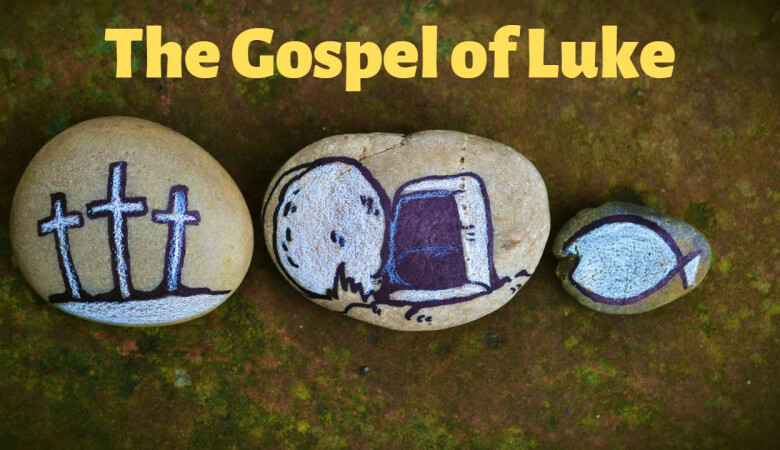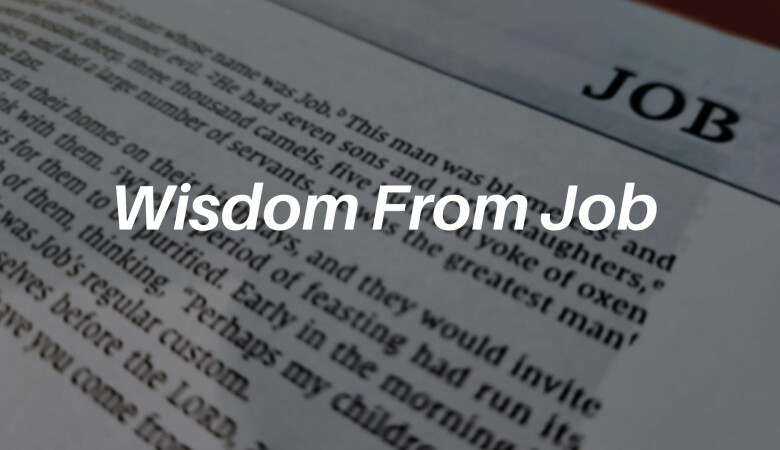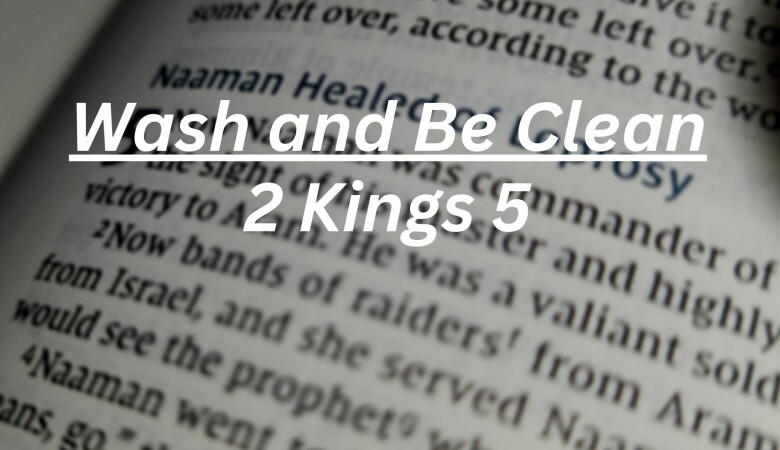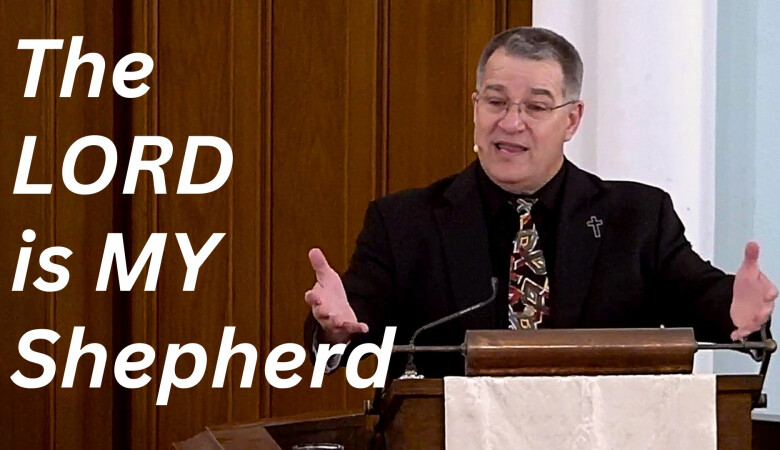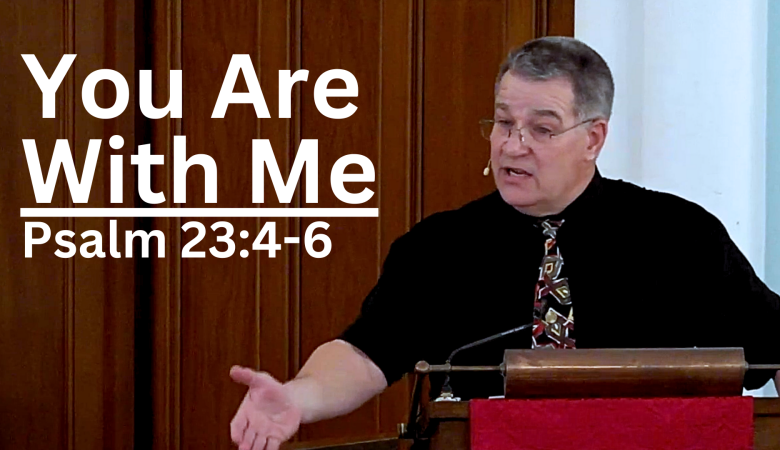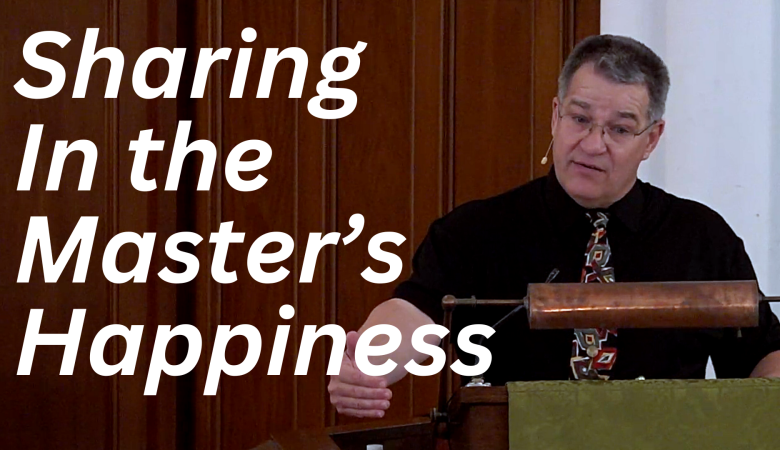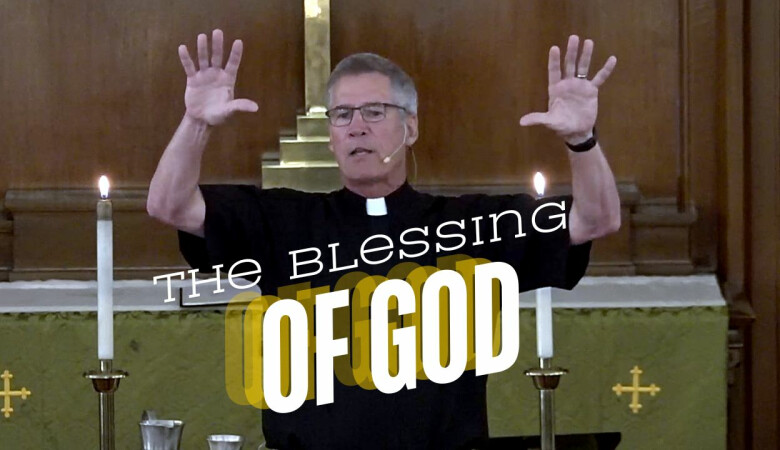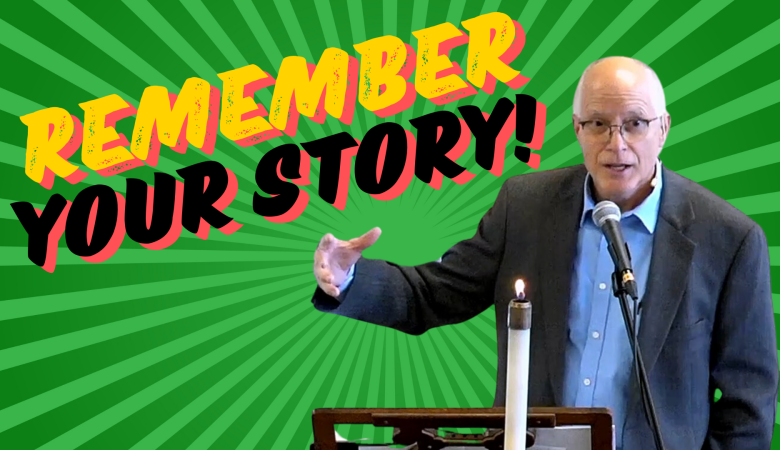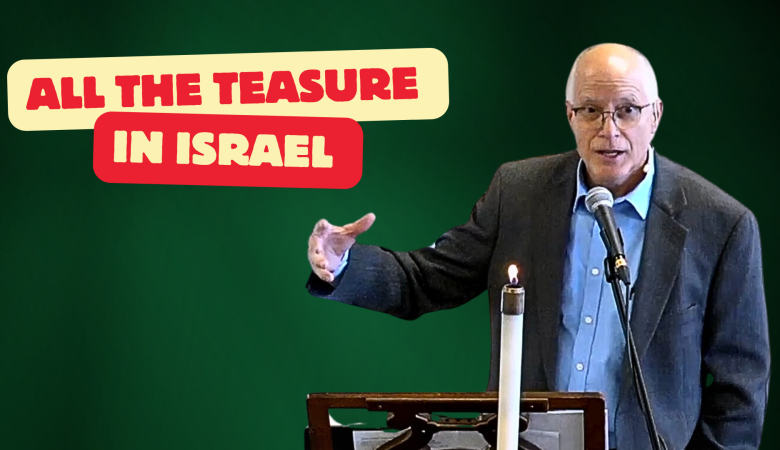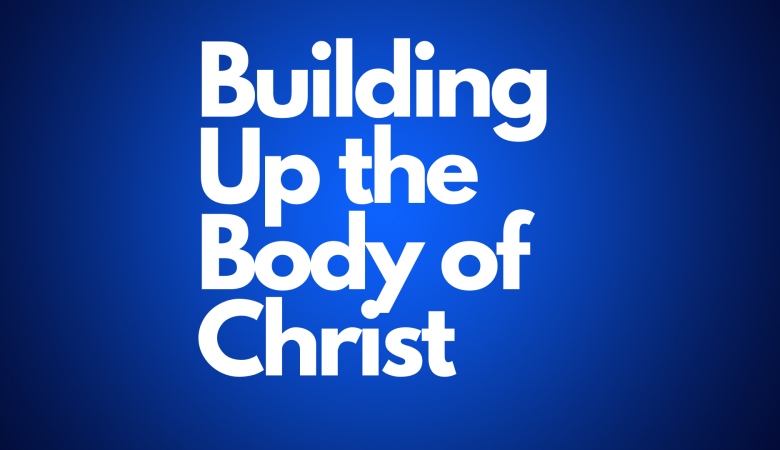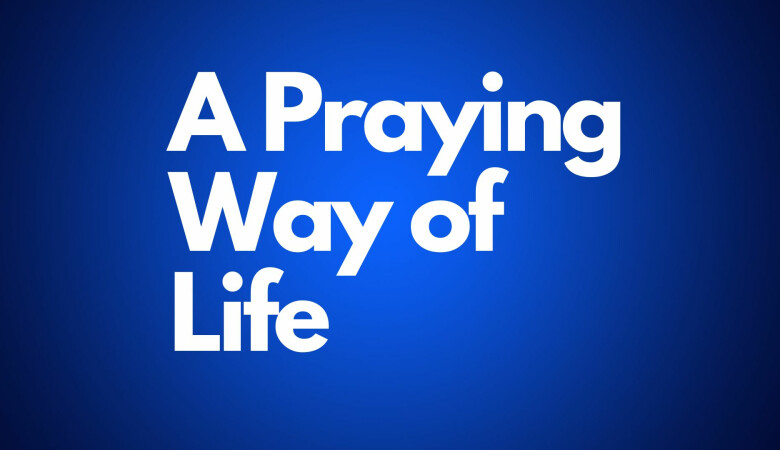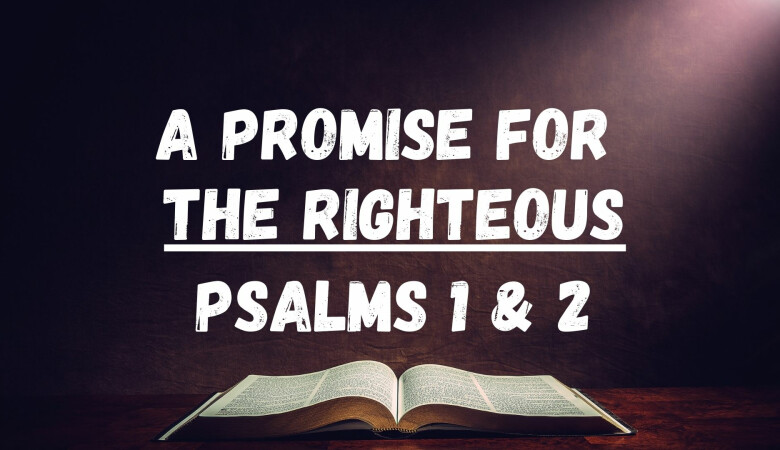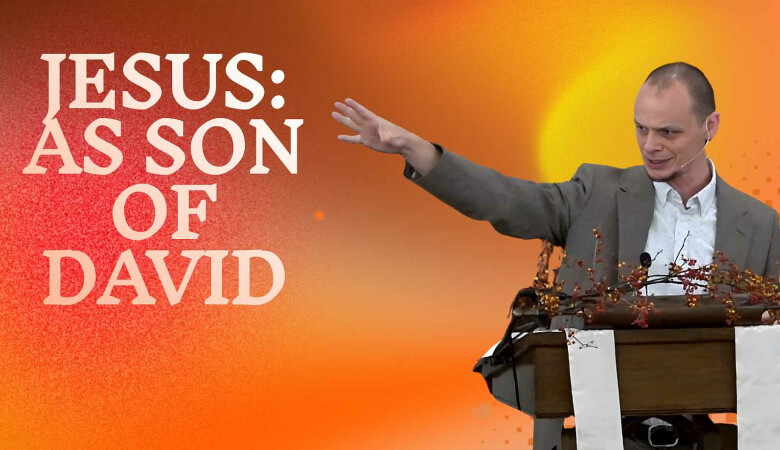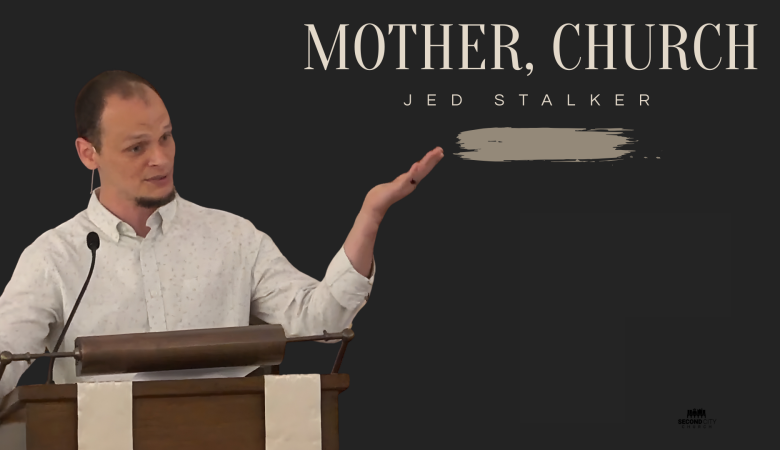Series: Guest Preachers
The Kingdom of God is His
July 07, 2024 | Ron Zeigler
Passage: Matthew 19:27-20:16
ALL SERMONS IN SERIES
Summary
Matthew 20:1-16 "The Kingdom of God is His" is a short parable where Jesus teaches His disciples and us that God is in full control of His creation, so that
all who are His, the workers in the vineyard, regardless of one's time and level of involvement, all receive the fullness of His love and fellowship unto eternal life.
All God has to offer is complete and full in Jesus Christ and comes to His beloved people only by His gracious act of love, not by any work that one of His creatures could attempt.
Transcript
Matthew 20:1-16 “The Kingdom of God is His”Matthew 20:1-16 “The Kingdom of God is His”1“For the kingdom of heaven is like a master of a house who went out early in the morning to hire laborers for his vineyard. 2 After agreeing with the laborers for a denarius a day, he sent them into his vineyard.3 And going out about the third hour he saw others standing idle in the marketplace, 4 and he said to them, “You go into the vineyard too, and whatever is right I will give to you. 5 So they went. 6 And about the eleventh hour he went out and found others standing. And he said to them, ‘Why do you stand here idle all day?’ 7 They said to him, ‘Because no one has hired us .’ He said to them, ‘You go into the vineyard too.’ 8 And when evening came, the owner of the vineyard said to his foreman, ‘Call the laborers and pay them their wages, beginning with the last, up to the first.’ 9 And when those hired about the eleventh hour came, each of them received a denarius. 10 Now when those hired first came, they thought they would receive more, but each of them received a denarius. 11 And on receiving it they grumbled at the master of the house, 12 saying, ‘These last worked only one hour, and you have made them equal to us who have borne the burden of the day and the scorching heat.’ 13 But he replied to one of them, ‘Friend, I am doing you no wrong. Did you not agree with me for a denarius? 14 Take what belongs to you and go. I choose to give to this last worker as I give to you. 15 Am I not allowed to do what I choose with what belongs to me? Or do you begrudge my generosity? 16 So the last will be first, and the first last. The following is a short list of passages that reveal that regardless of how we may feel about God and our circumstances in this world, He alone is the One Who has authority and full control over what was, what is, and what will be.“The lot is cast into the lap, but its every decision is from the LORD.” (Proverbs 16:33)
“Some trust in chariots and some in horses, but we trust in the name of the LORD our God.” (Psalm 20:7)
“I know that the LORD is great, that our Lord is greater than all gods. The LORD does whatever pleases Him, in the heavens and on the earth, in the seas and all their depths.” (Psalm 135:5,6)
“The LORD has established His throne in the heavens, and His kingdom rules over all.” (Psalm 103:19)
“The heart of a man plans his way, but the LORD establishes his steps.” (Proverbs 16:9)
“No wisdom, no understanding, no counsel can avail against the LORD. The horse is made ready for the day of battle, but the victory belongs to the LORD.” (Proverbs 21:30,31)
“The king’s heart is in the hand of the LORD, like the rivers of water; He turns it wherever He wishes.” (Proverbs 21:1)
“All the ends of the earth shall remember and turn to the LORD, and all families of the nations shall worship before you. For kingship belongs to the LORD, and He rules over the nations.” (Psalm 22:27,28)
“Our God is in heaven, He does whatever pleases Him.” (Ps. 115:3)
In Matthew’s Gospel we move on from Jesus’ encounter with the Rich Young Ruler. Jesus assures His disciples that even though it is impossible for any of them, or any other creature, to do works of righteousness unto eternal life, they need not fear for this work of righteousness is possible with God.
Matthew 19 ends with Jesus reassuring His disciples that following Him is eternally worthwhile, even though it may not always appear to be so in their earthly days. They may sacrifice everything to follow Jesus; family, health, comfort, friends, wealth, and position, yet they will receive and abundance to overflowing and will inherit eternal life.
Jesus concludes that section with an interesting statement that forms the first of two bookends in His teaching. The second is very similar and is found in our passage for today. What ties these two passages together is Jesus’ saying in Matt. 19:30, “But many who are first will be last, and the last first.” Then in Matt. 20:16, “So the last will be first, and the first last.”
Let’s take a look at the characters in this parable:1. The master of the house – Dominant character, in control throughout.2. Workers hired in the early morning – agreed to work the entire day for a denarius, a fair wage for a day worker.3. Workers hired at the third hour – no wage is discussed4. Workers hired at the eleventh hour – no wage is discussed
The Setting: Marketplace VineyardSunris e- 6:00 AMSunset- 8:00 PMAverage workday about 10 hours. Workday in this parable is 12 hours.
How the parable plays out. (The Kingdom of God is like…)
1.Early in the morning a master of a house goes to the marketplace and hires workers for his vineyard. They agree on a day’s work for 1 denarius.
2. At the third hour the master sees others in the marketplace waiting to work. He sends them into the vineyard saying he will pay them whatever is right.
3. Around the 11th hour the master again finds more workers. He asks them why are they standing here idle all day. They answer that no one has hired them, so the master tells them to go into the vineyard.
4. When the end of the day comes and all work is finished the foreman is instructed to first pay the workers hired last and lastly pay the workers hired first.
5. Those hired last are paid first and receive a denarius, the amount agreed upon by the first workers with the master.
6. Those, hired first, who are the only ones who agreed on their wages for the day, are seeing how the others are getting paid and they are thinking they will get more than their agreed upon amount for their full day of working in the vineyard.
7. Yet, to their surprise, they receive exactly what the master had promised, 1 denarius. However, even though the master gave them exactly what was promised, they are not satisfied and complain saying, “These last worked only one hour, and you have made them equal with us who have borne the burden of the day and the scorching heart.”
8. The master replies in a most friendly way to their challenge to his generous actions saying, “Friend, I am doing you no wrong. Did you not agree with me for a denarius? Take what belongs to you and go. I choose to give to this last worker as I give to you. Am I not allowed to do what I choose with what belongs to me? Or do you begrudge my generosity?”
9. Jesus concludes with the 2nd bookend statement, “So the last will be first, and the first last.”
What is the main point of this parable? Remember, it comes right after Jesus’ encounter with the Rich Young Ruler.
-The main point is not specifically mentioned. However I think we can find some clarity by focusing on the characters and the statement that is used by Jesus at the beginning of the passage and at the end of the passage.
Some thoughts to consider about this parable.
1. We have a master of a house who is in control throughout the parable. I think we can appreciate that this master is to represent God, who has full authority and control over His creation.
2. There are three groups of workers involved in the master’s vineyard. It is interesting that each group of workers, no matter their length of service to the master, receives the same about of wages. Those that worked only one hour received the same amount as those who worked the whole day. -The master was fair with every worker in giving them wages consistent with what he promised.
One lesson Jesus is teaching in this parable is linked to that time when Jesus interacted with the Rich Young Ruler, in that eternal life is not accomplished by us, no matter how determined, skilled or privileged a person may be. With man it is impossible. Instead, with God it is possible as He graciously accomplished it in Jesus Christ and applied it to all types of people, Jews and Gentiles alike, as He desires, through the working and power of the Holy Spirit. It is all of God’s grace alone, through faith alone, in Jesus Christ alone. Jesus is teaching that all of the people, early morning, mid-day and at the last hour, were are all working in the master’s vineyard by His grace. Salvation and peace with God is all of His gracious actions. Another lesson Jesus is teaching in this parable that God’s timing in a person’s life unto salvation is perfect in His eternal will. Each group of workers came at different times as the master called them, and each graciously received the same wages (eternal life) for their labor in the vineyard. Some people, by God’s design, come to faith in Jesus earlier in life, and some come in the middle and others not until nearer the end of their lives, and others not at all. Part of our calling, and all too often it is quite difficult, is to faithfully follow God in Jesus, seeking to better know how He directs us to live and then be about that good work, waiting up Him in the midst to bring about His good results in His perfect timing. This may mean suffering in prayer with a variety of people for any length of time, looking for the best ways to love them as God deserves and again waiting upon the Holy Spirit for the fruit He desires to produce. By the Holy Spirit we can be involved with kingdom work in the master’s vineyard and leave the results up to the Master.
One theologian put it this way. “In the calling of people to the professed knowledge of Himself, God exercises free, sovereign, and unconditional grace.” (J.C. Ryle, p. 247) -God determined before the foundation of the world that He would use the Jewish people, simply because He chose to love them, to be the agents by which He would bless the whole world. And it was through the linage of Shem, Abraham, Isaac, and Jacob unto David and then to Mary and Joseph, that God the Son took on flesh and was made man, the man Christ Jesus. -God’s bringing of people from both Jews and Gentiles unto Himself in Jesus Christ is all done graciously through the power of the Holy Spirit.
-The apostle Paul described it this way in his letter to the Ephesians 2:15-17. “Jesus’ purpose was to create in Himself one new man of the two, (Jew and Gentile), thus making peace, and in this one body to reconcile both of them to God through the cross by which He put to death their hostility. He came and preached peace to you who were far away and peace to those who were near. For through Him we both (Jew and Gentile) have access to the Father by one Spirit.”
Jesus also teaches in this parable, through the character of the master, that God is sovereign in His saving of His people; both Jew and Gentile, from their death in sin, unto eternal life, Even more so than the master in the parable, at no time is God obligated to anyone, but always acts out of His holiness unto His good, perfect, and eternal will.
What does Jesus mean with these two bookend statements? “But many who are first will be last, and the last first.”“The last will be first, and the first last.”
Maybe it is best understood by considering the truth that The Kingdom of God is His. In other words, we wrongly think at times that what we do will entitled us to something from God, as well as wrongly thinking that God will not ever have anything to do with us or with someone else because we don’t measure up to a false idea people have about fellowship with God. Whereas in this parable, Jesus shows us that like the workers, we are completely dependent upon the master for our daily bread, and the master cares equally for all of those who serve in His vineyard, regardless of our time spent in the vineyard and regardless of our station in life. In Christ Jesus we have more than all that we could have ever thought or imagined, both in this temporal life and in life eternal.
Some applications for each of us. 1. Let us not be like the early morning workers. May we focus on the Kingdom of Christ (His vineyard) looking to Him for the good work He has for us to do. Those of us who are already in Christ, may we be ever so glad when He brings others into the fold through our preaching, teaching and personal speaking His truth in love. By His strength may we be willing to welcome new brothers and sisters in Christ regardless of who they are. It does not matter what is the nature of their background and the past from which they came. We can be ever thankful for our fellowship with God while also affirming their fellowship with Him and with us. 2. Let us be thoughtful and diligent in showing God’s love and speaking His truth in the personal mission field where He has placed us. It is wise for you to consider who it is that God has brought into your life or to whom has God placed you in their life. We can ask for His help to be faithful in working in the Master’s vineyard for His glory and according to His revealed will. 3. Jesus teaches us in this parable that when a person comes to faith in Jesus Christ, God does not distribute a carefully calculated portion of divine grace based on some type of longevity or performance, rather He lavishes upon all of His beloved children the fullness of His love and mercy. Everyone, who is in Christ, regardless of time or talent, receives the full measure of eternal life, because all that we are, all that we have, and all that we accomplish is a gift from God by the power of the Holy Spirit. It does not matter how long one has been in the kingdom, nor how great or small are the works one accomplishes, all receive the same blessing by God’s grace, life eternal, intimate fellowship and everlasting life in Jesus Christ. This world is God’s and He is doing with it as He sees fit. Let us seek His face in prayer that He will guide us through His word on how best to live for His glory in Jesus. Let us thoughtfully and diligently prepare to go in the direction God is guiding us. Let us faithfully participate in whatever it is that God has for us to do, never needing to compare with others, either those we think are doing less or with those we think are being blessed more than we are. Instead, may we turn each of our complaints into prayers and in love and patience encourage each of our brothers and sisters to do the same while we simply live for Christ in all of life and leave the results up to God. May we continue to expect great things from God, and seek to attempt great things for God, resting in His continual care for us in Jesus Christ.
Series Information
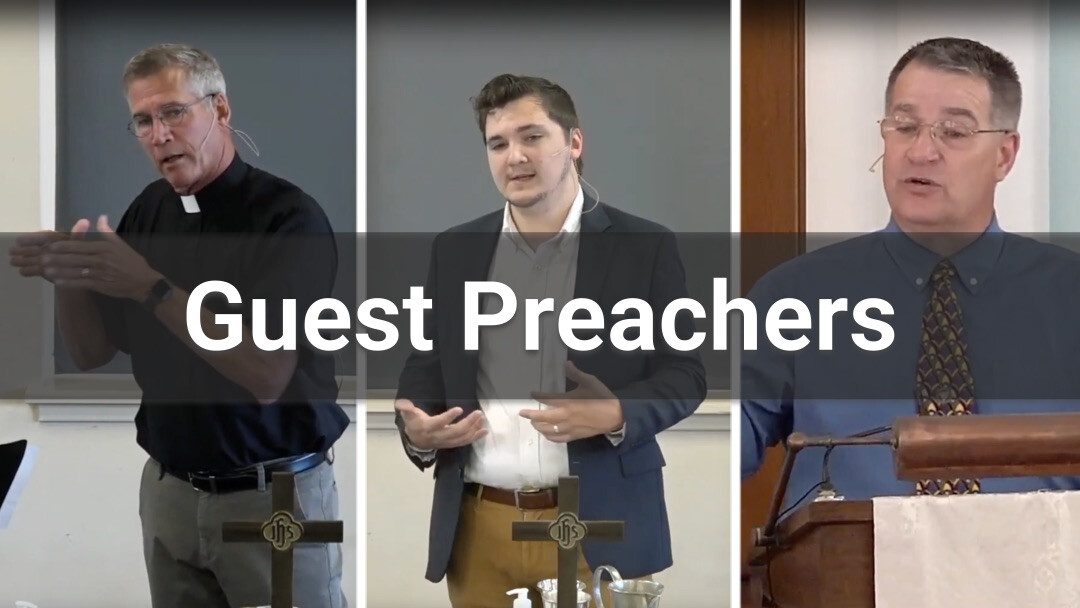
When Pastor Peter is away Second City Church is blessed to hear other men God has gifted to preach.

